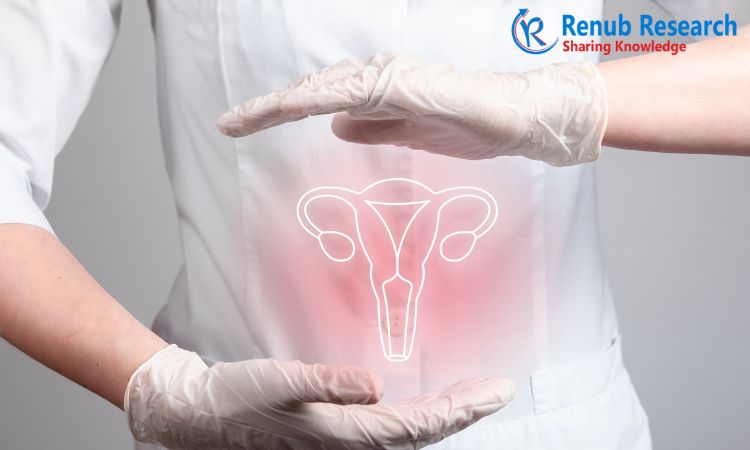Relationships can be complicated. Even the healthiest ones go through periods of discord and distress. When tensions run high between partners, many couples seek outside support to get back on track. Two common options are marriage counseling and couples therapy. But what exactly is the difference between these two forms of relationship help? This guide breaks it down.
What is Marriage Counselling?
Marriage counselling is a type of therapy geared specifically towards married couples. The goal is to identify issues causing conflict in the marriage and come up with strategies to improve communication and connection. Common problems addressed in marriage counseling include:
- Lack of intimacy
- Arguing
- Infidelity
- Financial disagreements
- Difficulty balancing work, children, and marriage
- Loss of physical attraction
- Trust issues
The focus is on strengthening the marriage bond and teaching healthier ways for couples to relate as partners. A marriage counselor may give the couple projects to practice at home between sessions, such as going on weekly dates or checking in emotionally. The counselor also serves as a mediator when old wounds resurface.
What is Couples Therapy?
Couples therapy is counseling intended for any two people in an intimate relationship, whether dating, engaged, married, or unmarried partners. The methods are similar to marriage counseling but the scope is broader.
In addition to marriage difficulties, a couples therapist may help partners work through:
- Poor communication patterns
- Differences in values, priorities or lifestyles
- Jealousy and trust issues
- Anger problems
- Recovery after an affair or other betrayal
- Coping with life changes together
- Deciding whether to separate
The focus is on teaching healthy skills for managing conflict, expressing affection and supporting each other through ongoing growth and change.
Key Differences between the Two
While marriage and couples counseling overlap, there are some notable distinctions in their approach and utility:
-
Relationship Status
Marriage counseling is designed specifically for legally married couples. Couples therapy serves couples in any stage, from dating to domestic partnerships.
-
Goals
The focus in marriage counseling is preserving the marriage. Couples counseling aims to enhance the connection but may also help to dissolve it in a healthier way if needed.
-
Counselor Credentials
Marriage counselors often have degrees in family therapy, social work, or psychology. Couples counselors can have those backgrounds or training in relationship coaching.
-
Problem Focus
Issues are viewed through the lens of how they impact the marriage in marriage counseling. The goals are wider in couples counseling, meeting each partner’s needs.
-
Session Format
Spouses attend marriage counselling together. Couples counseling may involve both people and one-on-one sessions.
Understanding the Essence of Couples Therapy
Couples therapy is a collaborative process where a trained therapist assists partners in addressing and resolving issues within their relationship. Unlike common misconceptions, seeking therapy doesn’t imply weakness; instead, it showcases a commitment to growth and a desire to enhance the relationship. The primary goal is not just to solve existing problems but to equip couples with the tools necessary for future challenges.
Breaking the Stigma: Embracing the Benefits
Improving Communication Skills
Effective communication is the cornerstone of a thriving relationship. Couples therapy provides a safe space for partners to express themselves openly, fostering a deeper understanding of each other’s perspectives. Therapists guide couples in developing healthier communication patterns, leading to more meaningful connections.
Resolving Conflict Constructively
Conflicts are inevitable in any relationship, but how they are managed determines the relationship’s trajectory. Therapists teach couples constructive ways to handle disagreements, turning conflicts into opportunities for growth and compromise.
Rediscovering Intimacy
Intimacy is not solely physical; it encompasses emotional and psychological closeness. Couples therapy aids partners in rediscovering and revitalizing intimacy, fostering a deeper bond that withstands the test of time.
Types of Couples Therapy
Cognitive-Behavioral Therapy (CBT)
CBT focuses on identifying and altering negative thought patterns that contribute to relationship issues. By reshaping destructive thoughts, couples can develop healthier behaviors and reactions, creating a more positive relationship dynamic.
Emotionally Focused Therapy (EFT)
EFT centers around understanding and reshaping emotional responses within the relationship. By addressing underlying emotional needs, couples can create a more secure and trusting connection.
Imago Relationship Therapy
Imago therapy delves into the root causes of conflicts by exploring each partner’s childhood experiences. By understanding the origin of certain behaviors, couples can break destructive patterns and forge a healthier future together.
How to Choose the Right Therapist
Selecting the right therapist is pivotal for the success of couples therapy. Look for licensed professionals with experience in relationship counseling. Consider their approach, ensuring it aligns with your values and goals as a couple.
The Road to Lasting Change
Couples therapy is not a quick fix; it’s a journey toward lasting change. Regular sessions, coupled with open-mindedness and commitment, pave the way for a stronger, more resilient relationship.
Which is better For Your Needs?
Wondering whether to pursue marriage counseling vs. couple therapy? Here are some key questions to ask yourself:
- Are you legally married or unmarried partners? If unmarried, couples counseling is the way to go.
- Is preserving the relationship or marriage your top priority? Marriage counseling is the best fit if saving the marriage at all costs matters most to you both.
- Do you have individual issues like depression, trauma history or substance abuse? Seeking individual therapy in tandem with couples work may provide the deepest level of healing.
The differences between these two types of couples-based therapy can be subtle. Don’t hesitate to ask prospective counselors questions to ensure you choose the best approach for your partnership needs. With expert guidance tailored to your situation, it is possible to reconnect, regain trust and build an even stronger bond.
Conclusion
In conclusion, no matter which form of counseling you choose, the most important factor is finding an experienced, licensed therapist who makes you and your partner feel understood and supported. A competent counselor creates a judgment-free space to air long-held grievances, gain insight into each other’s perspectives, and practice healthier dynamics under guidance. They should explain how they can customize their approach to target the core issues causing distress specifically in your relationship. With an empathetic counselor guiding you, marriage counseling and couples therapy alike provide hope for creating positive transformation and renewed intimacy, even during the rockiest of times. The key is making the decision to reach out for help and committing to doing your part in the healing process.
Also Read: The Impact of Hormone Replacement Therapy on Menopause Symptoms



